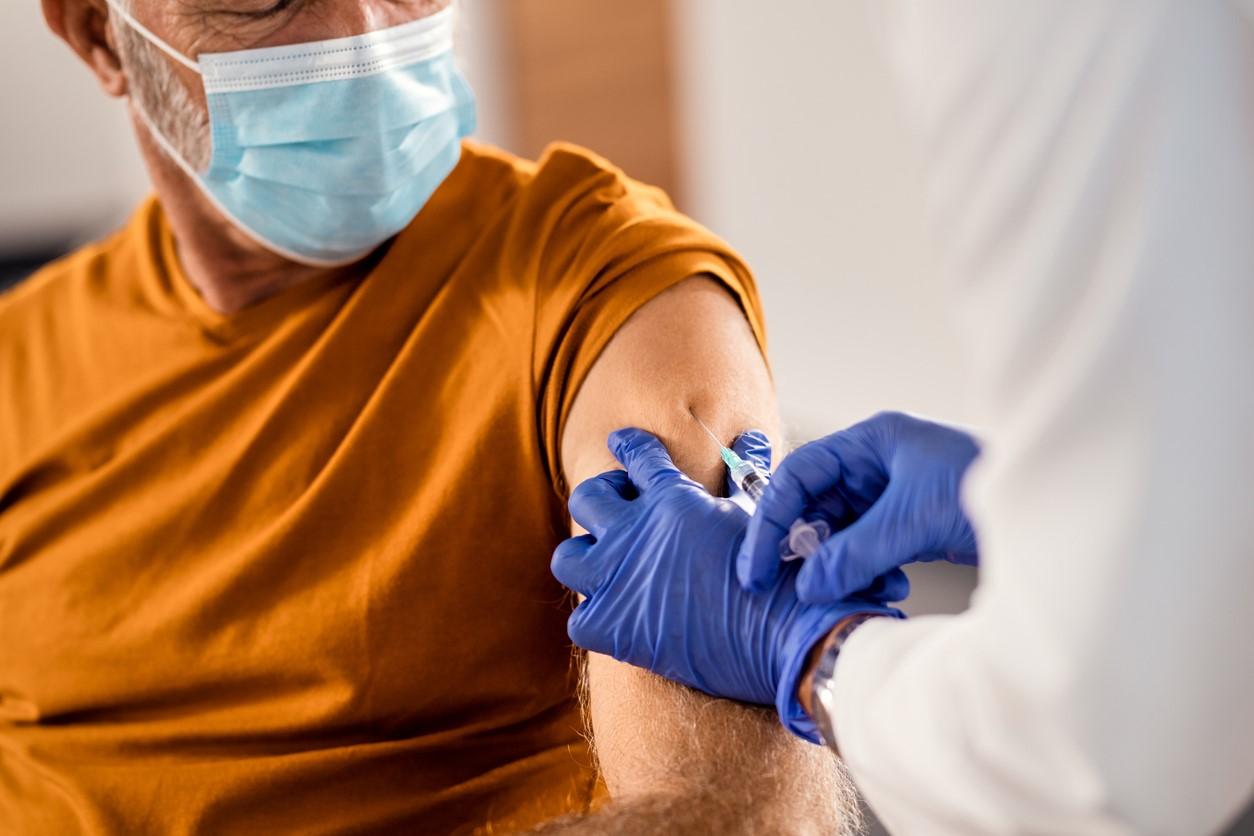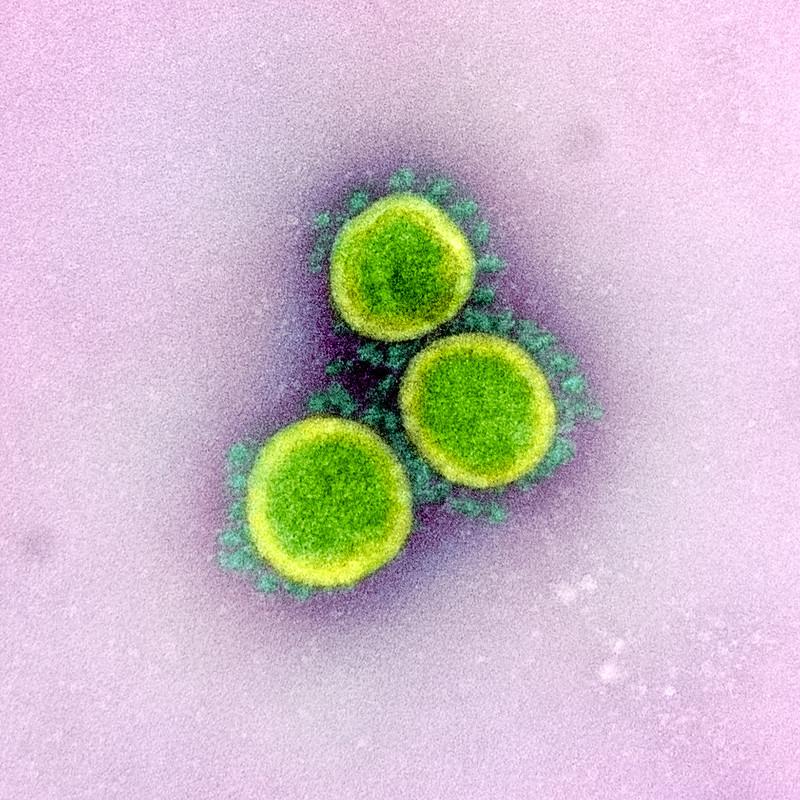
Vaccine maker Moderna said yesterday that it has received expanded approval from the Food and Drug Administration (FDA) for its respiratory syncytial virus (RSV) vaccine.
In a news release, Moderna said the FDA has approved mResvia (mRNA-1345) for the prevention of RSV in people ages 18 to 59 years old who are at increased risk for disease. The vaccine was initially approved by the FDA in May 2024 for adults ages 60 and older.
The company said studies have shown that over one-third of adults ages 18 to 59 have at least one underlying condition that puts them at risk of severe RSV, with hospitalization rates being comparable or even exceeding those in older adults.
"RSV poses a serious health risk to adults with certain chronic conditions, and today's approval marks an important step forward in our ability to protect additional populations from severe illness from RSV," Moderna CEO Stéphane Bancel said in a press release.
ACIP recommendation in question
The expanded approval was based on data from a phase 3 clinical trial, which showed the shot generated comparable levels of neutralizing antibodies against RSV in the 18 to 59 age group as were observed in older adults. Moderna presented the data at the April meeting of the Advisory Committee on Immunization Practices (ACIP), which voted unanimously to recommend that people aged 50 to 59 who are at increased risk of severe disease receive a single dose of either of the two RSV vaccines that were FDA-approved for that age group at the time (GSK's Arexvy and Pfizer's Abrysvo).
According to information posted by the Centers for Disease Control and Prevention (CDC) in the Federal Register on the upcoming ACIP meeting at the end of June, members will be voting again on recommendations for RSV vaccines in younger adults. But the outcome may be different after Department of Health and Human Services Secretary Robert F. Kennedy Jr. removed the 17 sitting members of ACIP this week and replaced them with 8 new members, some of whom are critics of mRNA vaccines.
The CDC typically adopts ACIP advice, and insurance coverage for vaccines is often based on ACIP recommendations.









